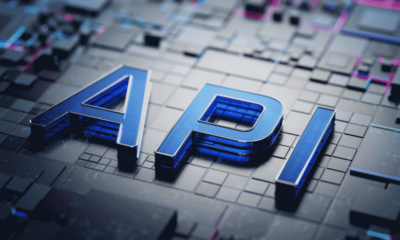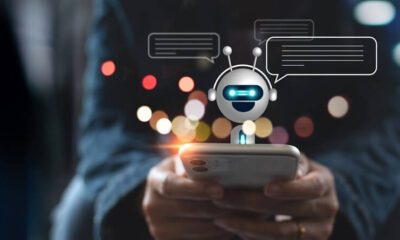
Marketing automation refers to the technologies and software that are designed to automate actions for marketing departments and firms. Marketing automation makes repetitive tasks such as sending out emails, updating social media, and other website jobs easier and more efficient.
Marketing automation technology and software platforms also allow companies to plan, coordinate, streamline, and manage their marketing campaigns, workflows, and tasks. Marketing automation tools involve the management of campaigns, development and analysis of campaigns and customers, handling customer data, and transferring contacts from leads to customers.
Automation is one of the essential aspects of marketing today. Here are some ways marketing automation will change by 2020.
- Artificial intelligence and machine learning. As artificial intelligence, or AI, continues to develop, it will gain the ability to automate and support marketing tasks. AI, the intelligence displayed by machines, is usually expanded by machine learning, which is a field of data analysis where computer systems “learn” by being fed data.
- Semantic SEO. When performing SEO, you need to do more than just type in keywords. Semantic SEO is the act of taking meaning into consideration with the keywords and key phrases used in optimized content.
- Marketing automation platforms. The structure of marketing automation platforms is evolving. Marketers can choose from different suites or clouds that offer a wide range of options. Integration is also increasingly important in marketing automation platforms, as it is necessary for these platforms to address all aspects of the marketing system.
- Programmatic marketing. Programmatic marking is an advanced technology for digital marketing. Assisted by artificial intelligence and based on machine learning, it automates advertising in real-time and streamlines the decision-making process.
- Marketers. As marketing automation evolves, marketers, the people who make use of this technology, will need to evolve as well. Marketers must learn new methods of automation as they come and keep their teams and businesses on the cutting edge.
- Integrated email workflows. Email workflows have been around for a long time. Traditional email workflows depend on Boolean logic to automate triggers inside email campaigns. Automation capabilities have been limited with email workflows until recently, but now they can draw from behavioral triggers through channels outside of email campaigns, such as social media and display ads, to automate new marketing content and email campaigns.
- Enhanced predictive behavioral analytics. The Internet of Things, or IoT, is one of the most important technologies today, and many other advanced technologies are derived from it. Advanced marketing automation will draw from this network of interconnected devices to gather and organize information on the consumer base. IoT products can monitor customers with behavior tracking and sensor-driven analytics to reach them with messaging and promotions in real-time.
The technology of marketing automation will continue to change and evolve through 2020, expanding its capabilities to better work for marketing teams and enterprises by providing valuable solutions. As marketing automation is set to do more and more for its users, it is becoming an indispensable tool for every marketer.








